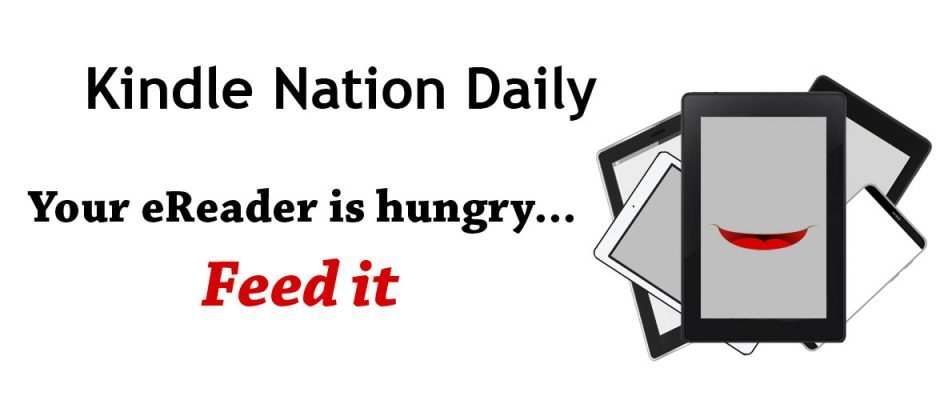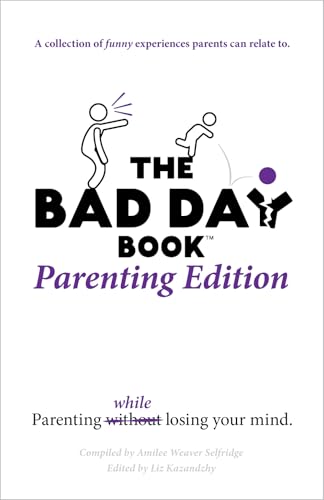At some point in the last few days, Amazon began including this line in the “product detail” information display for all its Kindle newspapers and magazines: “Your name, billing address and order information will be shared with the publisher.” I got a heads up early this morning from Andrys Basten at the Kindle World blog, and felt it could be important enough to share with Kindle Nation immediately. Here’s a screenshot of the information as it appears on the New York Times page this morning:
 There are online forum discussions already in which some participants are saying that this will make the recent Orwell ebook removal issue look miniscule by comparison, while others are calling this a non-issue.
There are online forum discussions already in which some participants are saying that this will make the recent Orwell ebook removal issue look miniscule by comparison, while others are calling this a non-issue.
For my part, it does not surprise me that Amazon decided that it had to begin providing certain information to publishers, or that it had to begin informing customers if it was already passing along that information. My years at Inc. magazine a decade ago confirmed me that subscriber address lists are pure gold to magazine and newspaper subscribers, not least because they are frequently monetized as a significant ancillary revenue stream by being sold and resold to list vendors in ways that would be alarming to any subscribers concerned about privacy and identity issues.
But this could have been handled in a much smoother way, a way that would be far more sensitive to customer concerns. Why not send an email to customers allowing several security options for providing the information, even if one of the options involved cancelling the subscription rather than providing any information? It would have required a lot less time and attention to detail than Amazon will probably end up devoting to cleaning up the mess of another public relations mini-disaster.
There have been times in the past when I may have become a little exercised with frustration over a sense that some of Amazon’s Kindle staff appear a bit high-handed and officious, particularly in dealing with the authors, publishers, and creative talent who provide so much of the Kindle’s reason for existence. But each time I learn of one of these screw-ups, it just makes me stop and wonder when Amazon is going to figure out that the Kindle and its relationship with Kindle downloaders and uploaders is the leading edge of its brand image, and should be treated accordingly.
In other words, every single strategic and tactical decision about the Kindle that might lead to a discussion anywhere in the Kindlesphere deserves and needs to be vetted and discussed in Jeff Bezos’ office, before it is executed. Like this one will be, even if only after the fact.













